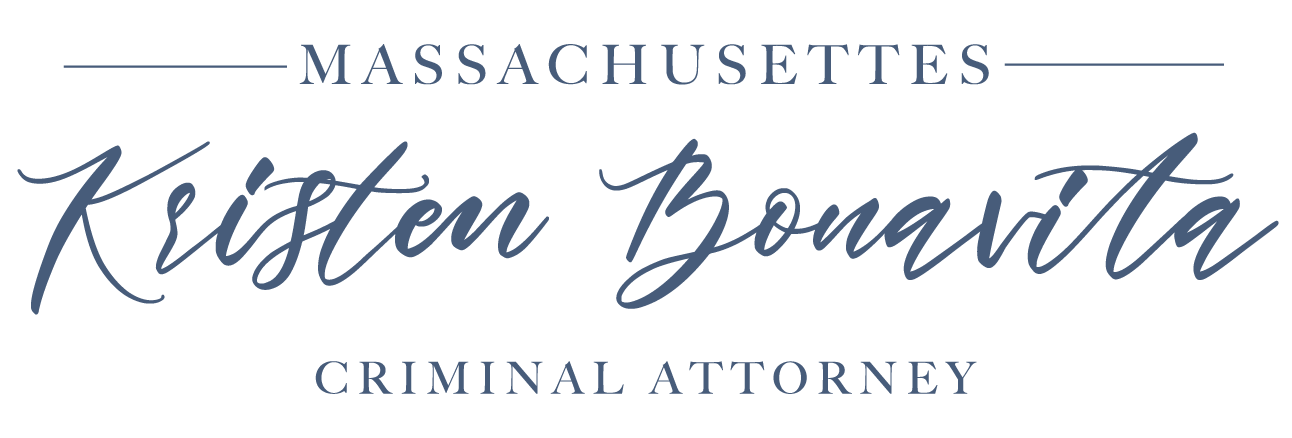Restorative Justice program and an opportunity for Juvenile Diversion?
Juvenile Diversion programming is aimed at rehabilitation and an understanding of consequences for actions. In April of 2018, Massachusetts passed a Crime bill that allows greater flexibility to juvenile judges as it relates to certain charges and associated penalties. The law expands the ability of the Judiciary to adopt Juvenile Diversion programs. The law’s approach to juvenile crime can often be confusing and difficult to navigate, especially if you’re looking for information unguided. If a minor has committed a crime, it’s possible that the juvenile would qualify for a new “restorative justice” or juvenile diversion program. Juvenile diversion programs vary depending on the crime, but usually involve offenders taking responsibility for their actions by helping them understand the consequences of their crimes, and providing an opportunity for making restitution. It permits an opportunity for the juvenile to address the matter and minimize the impact to their criminal record.
According to Session Law, chapter 69, restorative justice constitutes a “voluntary process whereby offenders, victims and members of the community collectively identify and address harms, needs and obligations resulting from an offense, in order to understand the impact of that offense; provided, however, that an offender shall accept responsibility for their actions.” This may also include developing a plan to repair damages, make specific restitution to individuals or the community at-large, or 1-on-1 dialogues between offender and victim.
In layman’s terms, the juvenile diversion program may mandate that the offender complete community service, undergo counseling, enter and complete programming for drugs or alcohol, write a letter of apology, complete a driving course, etc; the sky is the limit. The goal of the program is to have the juvenile learn from their mistake, correlate the punishment to the offense and prevent the juvenile from committing the same offense again.
It’s important to note that participation in juvenile diversion is voluntary. While the focus is on juvenile rehabilitation, the Restorative Justice legislation also provides for diversion programs in an adult context. These programs may be recommended pre-arraignment, or at any stage during a case as long as the district attorney and the victim give their consent. Successful completion of a community-based restorative justice program or more commonly referred to as juvenile diversion will result in the charge being dismissed, while any violation of the program will cause the case to be returned to court.
Although many offenders are wary of participating in a restorative justice program, fearing that it amounts to an admission of guilt, that is not the case. Taking part in these programs does not reflect guilt, nor can any statement made during the course of the program be held against them in court.
Restorative justice has become an increasingly popular option in courts all across the country. According to the 2007 report, restorative justice: the evidence, the method actually has the highest rate of victim satisfaction and offender accountability compared with more traditional methods. Studies also suggest that it makes offenders far less likely to reoffend, as they are confronted face to face by their victims, and forced to contend more intimately with the physical and emotional effects of their crimes. It is also considered effective because, rather than merely administering punishment, it actually educates the offender.
A defendant is not eligible for community-based restorative justice programs if they have been charged with a sexual offense, an offense against a family or household member, or an offense resulting in serious bodily injury or death.
If your child has a juvenile case and wants to explore eligibility for the restorative justice program, and you’d like professional counsel, contact Criminal Lawyer Kristen Bonavita for a free consultation at 978-376-6746.
